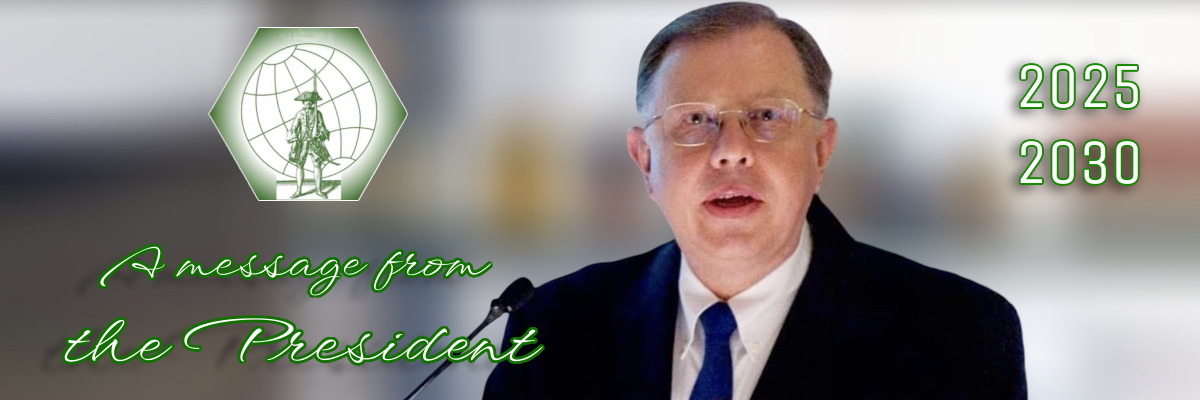A new book edited by the President of ICMH
Professor Massimo de Leonardis has published a collection of essays titled NATO in the Post-Cold War Era. Continuity and Transformation. The publisher is Palgrave/Macmillan, the British leading company in the field of scientific studies. Among the contributors, there are three other active members of ICMH: Professor Kris Quanten, Professor Gianluca Pastori, Dr Davide Borsani. The first two chapters are available on open access.
Cover of the book

Marketing text
This book analyses the evolution of the North Atlantic Treaty Organization and its policies from the Cold War until today. NATO’s future cannot be fully understood without analysing its past: the origins of its structure and goals, and their transformation over time. Exploring NATO’s geopolitical and military role at crucial points throughout history and nowadays, the collection considers the challenges and threats which have faced the alliance, as well as its strengths and weaknesses. It also covers highly-debated and unresolved issues such as budgetary burden-sharing and the military transatlantic gap, the enlargement process, and the role of Asia in influencing NATO’s policies. Combining a historical approach with international perspectives, the collection is an interdisciplinary read that appeal to scholars of diplomatic and modern history, as well as international relations.
Index
1. Introduction. NATO in its Seventh Decade: A Reappraisal (Massimo de Leonardis)
2. The Historical Roots of the Atlantic Alliance between Values and Interests (Massimo de Leonardis)
3. The Grand Strategy of the United States (Gianluca Pastori)
4. Russia-NATO-US: from detente to impossible cooperation (Francesco Randazzo)
5. The Anglo-American Special Relationship and NATO: The Past and the Present as Indicators of What Might Come Next? (Alan P. Dobson)
6. The Role of NATO in European Integration (Luca Ratti, Alessandro Leonardi)
7. The Origins of the post-Cold War NATO Enlargement: Stability Projection and Factor of Crisis (Davide Borsani)
8. NATO’s Partnerships in the Mediterranean and the Greater Middle East (Antonio Marquina Barrio)
9. NATO and the impact of the long war in Afghanistan: Avoiding a wrong memory about ISAF (Andrea Carati)
10. NATO from the Balkans to Libya: Dynamics and Renewal of a Wilsonian Alliance (Jean-Sylvestre Mongrenier)
11. NATO and the Fight against International Terrorism (Kris Quanten)
12. How Strong is NATO’s Arm: Commands, Cash, Capabilities and Contributions (Alessandro Marrone)
13. Conclusion. NATO Between Mere Survival and Strategic Relaunching (Massimo de Leonardis)
Endorsements
Public awareness of the nature and history of NATO is very limited. This volume brings the organisation, its role, and its future fully into focus. It is a timely reminder in a world of growing dangers of just how significant the alliance still is. It deserves a wide readership on both sides of the Atlantic.
Richard Overy – Honorary Research Professor, University of Exeter
NATO in the Post-Cold War Era: Continuity and Transformation confirms Prof. de Leonardis as one of the most eminent scholars on strategic issues and the North Atlantic Alliance. The essays he edited tackle the current and future challenges for NATO from a variety of key political, historic and geostrategic viewpoints. A must, for anybody involved, or interested in strategic, security, defense policies.
Claudio Bisogniero – NATO Deputy Secretary General 2007-2012 – Italian Ambassador to Washington 2012-2016 – Italian Permanent Representative to the North Atlantic Council 2016-2019
In this important volume international experts explain NATO’s response to contemporary security challenges in the context of the development of the alliance since its foundation seventy years ago. These essays show how NATO is adapting from a coalition with a European focus to one with global reach, able to respond to the varied range of threats in Eastern and Southern Europe, the Middle East and East Asia that have emerged in the early twenty-first century.
Prof. William Philpott – Co-director, School of Security Studies research theme in military and political history – Department of War Studies King’s College London
A tremendously important collection for our understanding of NATO S present situation and possible development, this volume provides the necessary history, both a deep history back to 1945 and a recent history concentrating on the flux in international relations from 1989.The multi-faceted characteristics and potential of NATO emerges clearly.
Prof. Jeremy Black, University of Exeter. Senior fellow of the Center for the Study of America and the West, Foreign Policy Research Institute in Philadelphia. Author of Military Strategy, a Global History
Massimo de Leonardis has assembled an impressive cohort of colleagues who have produced an equally impressive set of focused studies on the central issues that have faced, and that will continue to face, the Atlantic alliance. Its value inheres not only in the sterling research produced by the de Leonardis team, but also in the intriguing “Mediterranean” perspective of most of the analysts – a perspective often absent in works on the transatlantic alliance. This book will be of value to scholars as well as to policymakers in various NATO member states, as the alliance grapples with the dilemmas of developing a new strategic concept to guide it in coming years. It will be a “must read” for anyone seeking to understand NATO’s origins, evolution, and future challenges.
David G. Haglund, Professor of Political Studies, Queen’s University (Canada)











